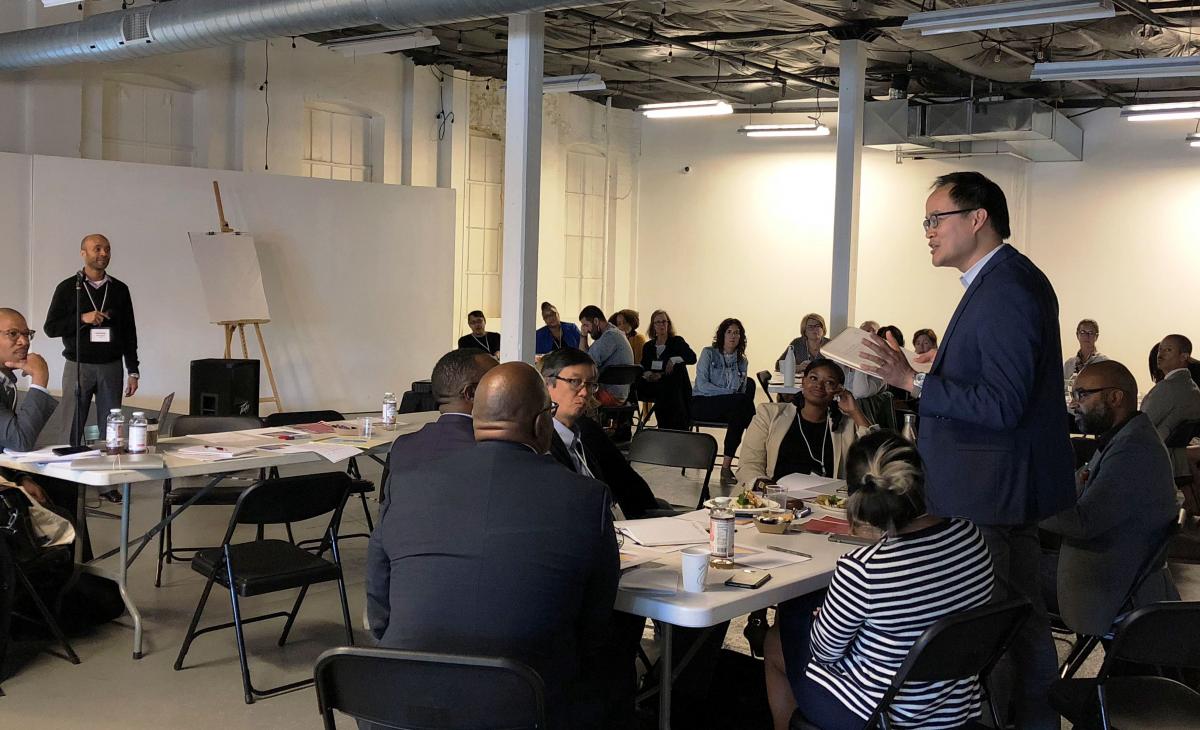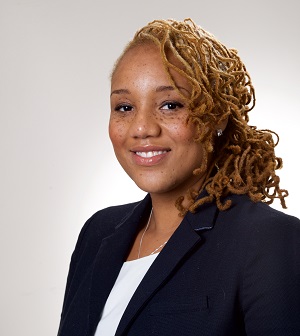
By Tia Burroughs | @TiaTia_B
On October 12, 2018, I attended Philanthropy Network Greater Philadelphia’s Equity Symposium. This symposium was an opportunity for attendees to deepen their knowledge of equity in philanthropy, connect with like-minded colleagues in the sector, and recharge the energy needed to do this work. As a member of Philanthropy Network’s Diversity, Equity, and Inclusion committee—which created and facilitated this event—I was excited to see the passion and energy on display, along with hearing the inspiring words of our speakers. Here are a few of my reflections from the symposium.
This is a journey, not a destination
Anthony Simmons, manager for the Racial Equity Grantmaking Program at the Association of Black Foundation Executives (ABFE), explained that one session will not make a person fully competent in all issues concerning equity; this is lifelong journey that evolves as we become more competent. Just as physical fitness is a lifelong, continuous journey, we will have to constantly work to improve our cultural competencies. It’s important to remember that cultural competency is actually “human competency,” and that as society evolves, the language we use to describe people, places, and events changes. For example, African Americans use to be called “Negro” and “colored” – terms that are now considered offensive.
The gang’s all here…sort of.
A few minutes after I arrived, I realized that I knew most of the faces, if not names, of those around me. I recognized a core group of individuals who continually devote their personal and professional time and energy to become more aware of issues of equity in the social sector. A participant pointed out that most people in the room were women and/or minorities, and asked, “Where are the white men?” This is concerning, given that white men hold many leadership positions in philanthropy. Do they feel uncomfortable or even unwanted in this space? We need white men who are concerned about equity, as the topic affects all of us. Hopefully, we will see more representation at future equity symposia!
Don’t forget the importance of history.
During a discussion on different types of racism, participants watched a clip from the PBS documentary “Race, the Power of an Illusion.” The film highlighted that after World War Two, the practice of redlining caused African Americans to be excluded from eligibility for home loans. The film also explained how this federal action helped many white families begin building wealth through home ownership—leaving African Americans even further behind. I was reminded of recent news that said the average wealth of white families was 10 times that of the average black family. I wonder, do people understand the racialized history of how some were offered an advantage to accumulate generational wealth? Or does this media snippet further perpetuate stereotypes of blacks being poor and irresponsible?
I am excited about continuing my equity work with the tips and tools I gained from the symposium. I am most hopeful about adding an element of back mapping to my work at Equal Measure. Edward Jones explained back mapping as the practice of focusing on how a social problem came to be before a funder attempts to solve it. All too often, foundations and other entities make decisions without understanding how history affects a current problem- and how this history affects current equity issues. Often, Equal Measure conducts landscape scans to help ourselves and our clients become more aware of the complexities of an issues. Incorporating a historical review to our landscape scans is just one way we can help funders think of innovative solutions while keeping a focus on equity.
 Tia Burroughs is Senior Consultant with Equal Measure
Tia Burroughs is Senior Consultant with Equal Measure
and a member of Philanthropy Network's Diversity, Equity and Inclusion Committee.
